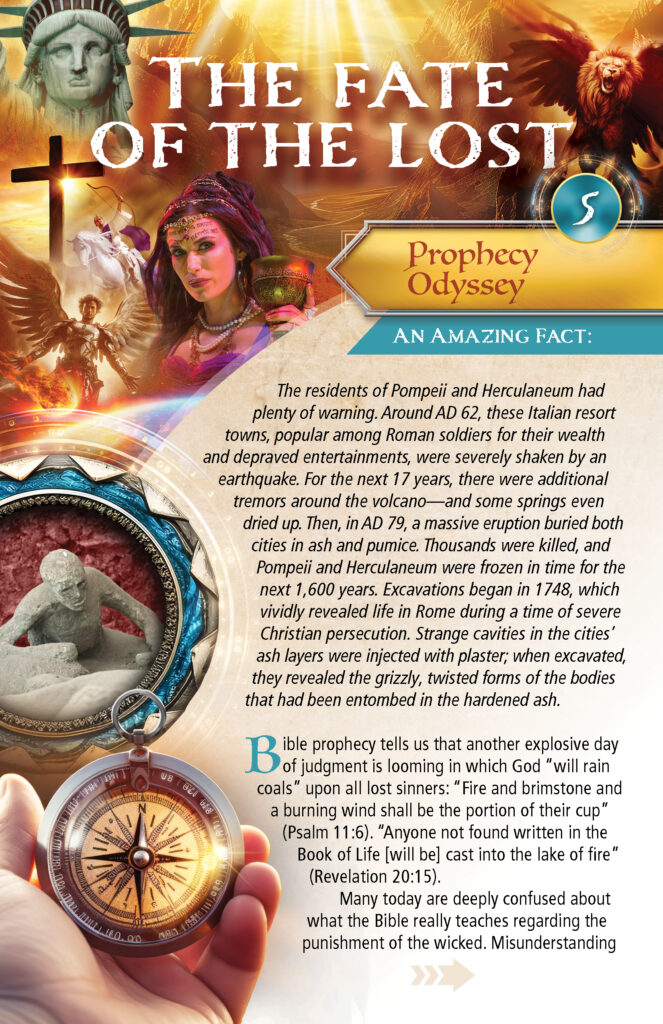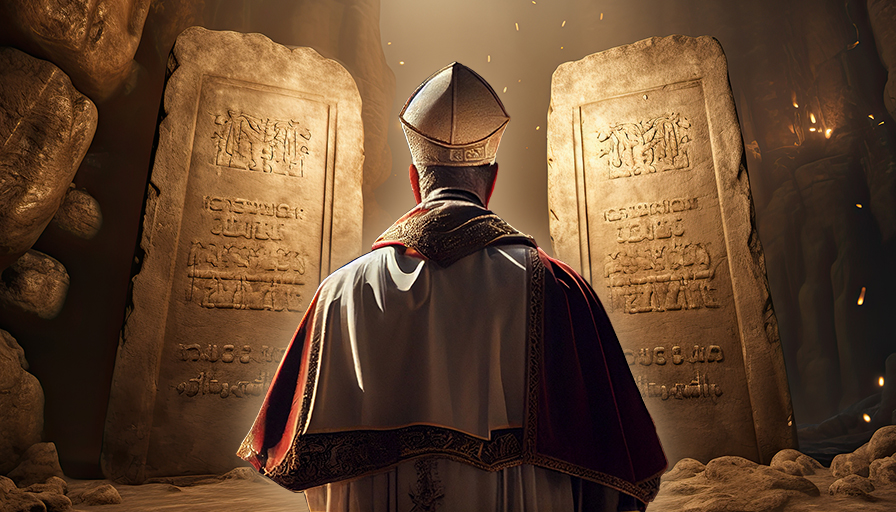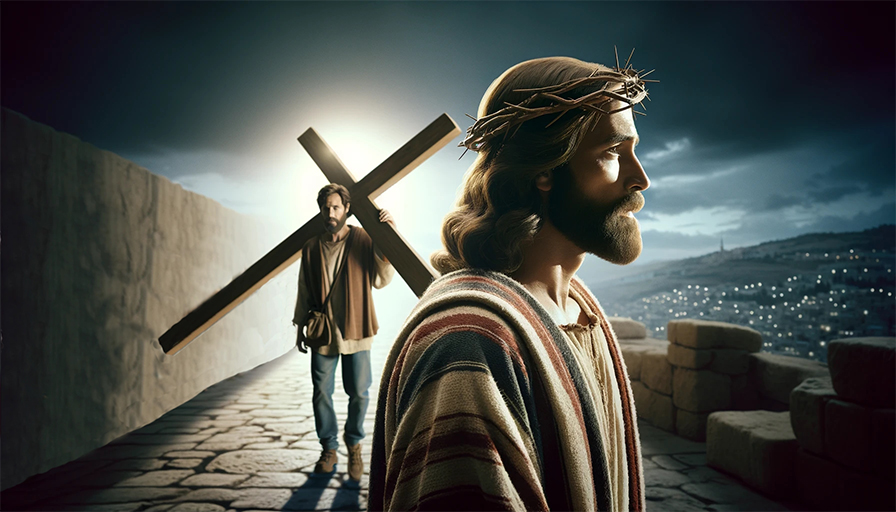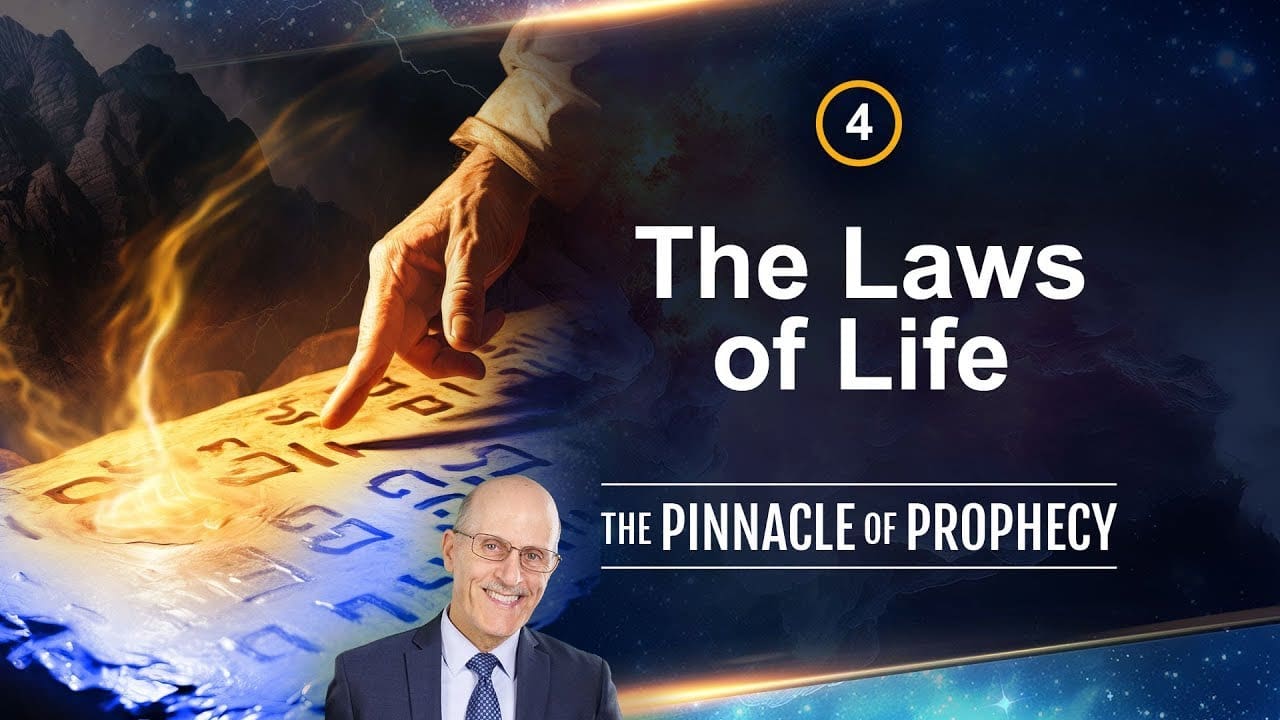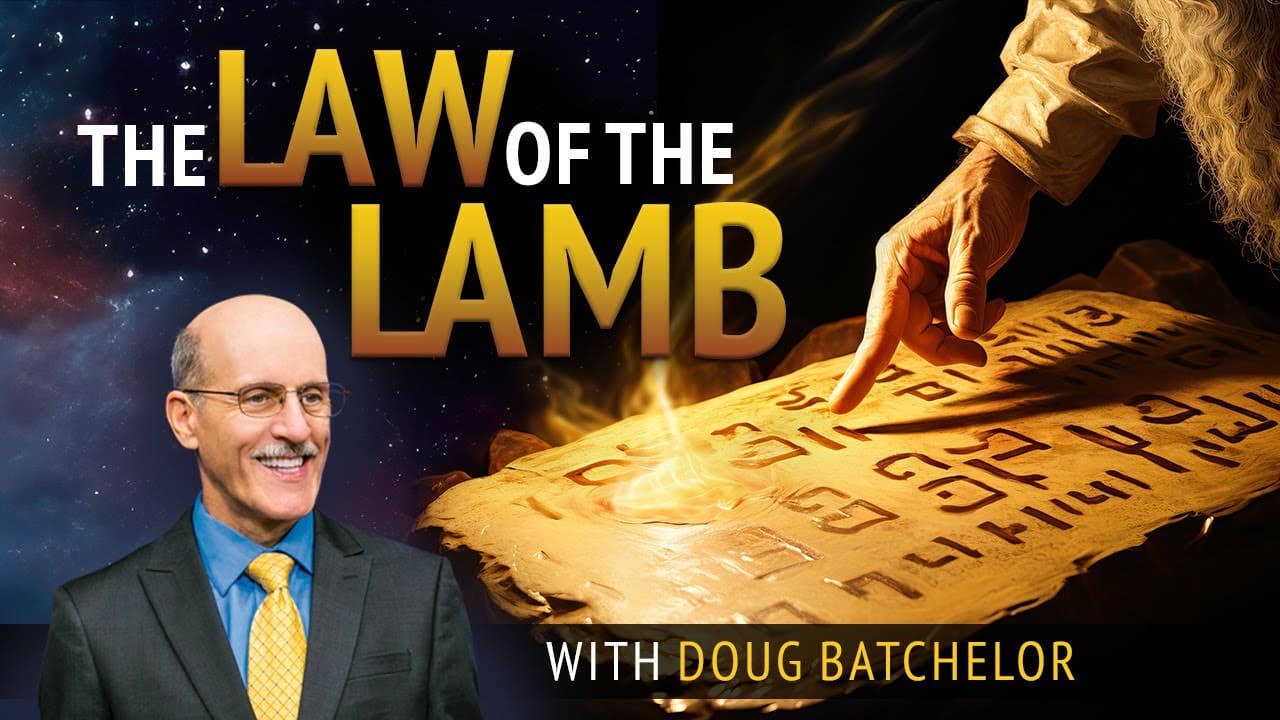Exodus 31:14 states, “You shall keep the Sabbath, for it is holy to you. Everyone who profanes it shall be put to death. Whoever does any work on it, that soul shall be cut off from among his people.”
In the passages of Deuteronomy 13:6, 10; 21:18, 21; 22:21-28, and Leviticus 20, we find a series of commands that prescribe the death penalty for various offenses such as idolatry, rebellion against parents, adultery, incest, and cursing parents. Some argue that if we no longer enforce the death penalty for these transgressions, then the Sabbath law must also be abolished. However, this line of reasoning is flawed.
We do not advocate enforcing these penalties today, but that does not mean we consider these actions permissible or lawful. It is unreasonable to think that because we no longer impose the death penalty, the underlying moral principles behind these laws are no longer valid. Such a conclusion would be wrong.
We acknowledge that if a law lacks a penalty, it lacks effectiveness. However, just because we do not believe in immediate punishment, such as stoning, does not mean there will be no consequences for breaking the Sabbath or any other part of God’s law.
The difference between the ancient Jewish order and our present time lies in the timing and execution of punishment. In the past, God administered immediate punishment, whereas now, wrongdoers must await the final judgment day (Hebrews 10:26-29).
Therefore, Sabbath breakers should not feel complacent simply because they have not experienced sudden judgment for violating the fourth commandment, which designates the seventh day as the Sabbath of the Lord God.
An illustrative story is shared of a godless man who took pleasure in openly disobeying the Sabbath command while living amongst devout Sabbath-keeping farmers. When he boasted to a Sabbath-keeping minister about his abundant harvest, the minister wisely responded, “God does not always make a full settlement in October.” This serves as a reminder that the faithful Sabbath keeper awaits the final judgment to receive their ultimate reward for obedience, just as the Sabbath violator must face the day of judgment for their failure to obey God’s explicit command.
The violation of God’s law is sin as mentioned in 1 John 3:4, and the wages of sin is death (Romans 6:23). Is this not a sufficient penalty?
Regarding the command against kindling fires on the Sabbath (Exodus 35:3), consider these points:
- The commandment about not starting fires on the Sabbath is not part of the Ten Commandments, which are moral principles. It’s important to understand that there are distinctions between the moral commands of the Ten Commandments and other rules given to Israel.
- Just as we recognize that certain rules given to Israel were specific to their circumstances and not meant to apply universally, we can also understand that the prohibition against starting fires on the Sabbath may have had a limited scope. The moral principles of the Ten Commandments are timeless and still relevant today.
- When we consider the context, it’s unclear whether the command against Sabbath fires was meant to extend beyond the time when the Israelites were journeying through the wilderness. In that warm climate, there was little need for fires to prevent sickness. The command may have been specifically related to the construction of the tabernacle, which had a specific timeframe.
Moreover, in those times, starting a fire required significant labour and effort. It was mostly used for cooking, which was unnecessary on the Sabbath as the Israelites were instructed to prepare their food in advance.
Taking all these factors into account, the prohibition against starting fires on the Sabbath doesn’t undermine the moral value and lasting importance of the fourth commandment in the Ten Commandments. The moral principles of the Sabbath still hold true, and we should focus on upholding the core values of the Decalogue.



